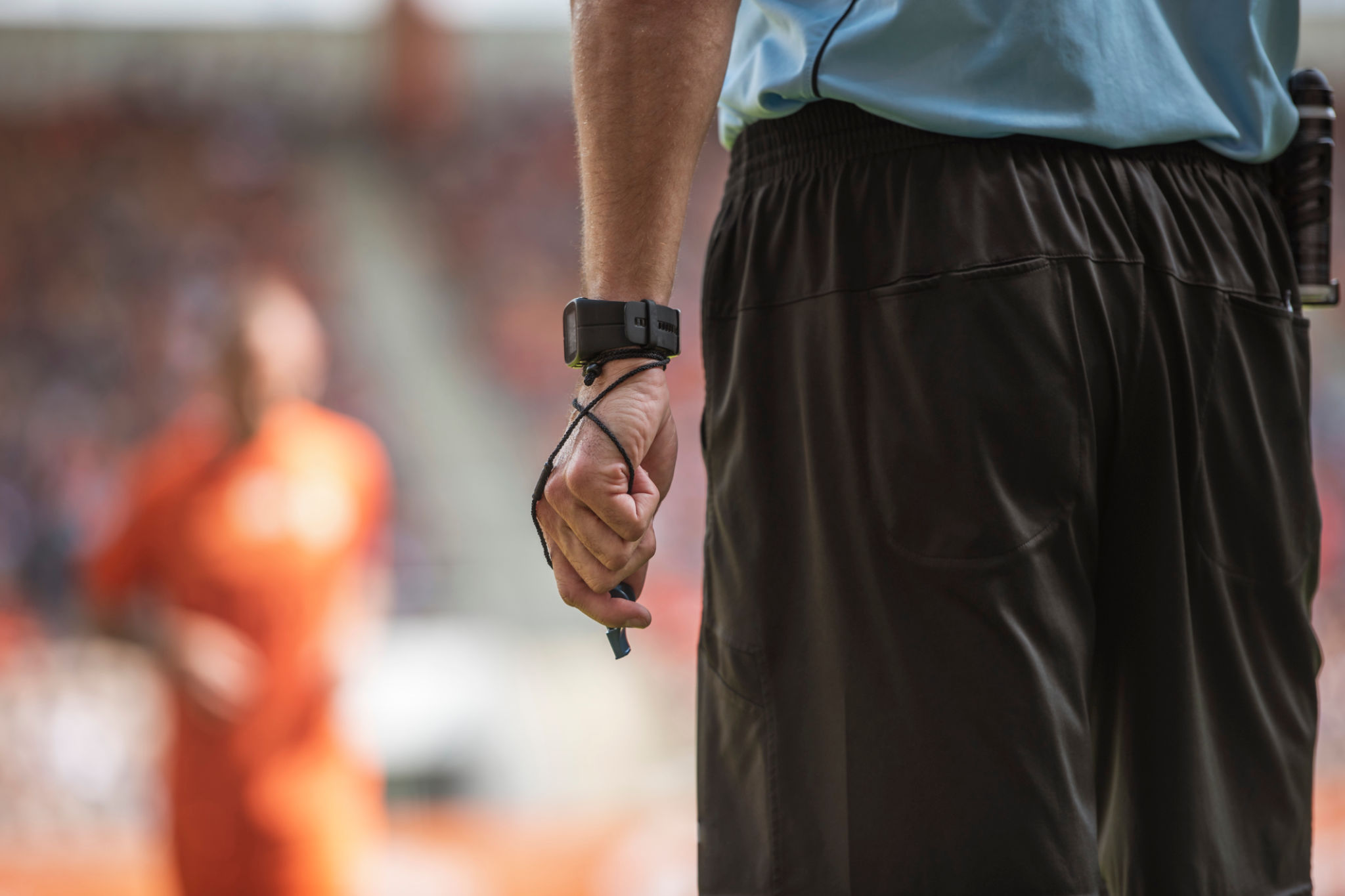Common Misconceptions About Soccer Referees: Insights from San Diego
Understanding the Role of Soccer Referees
Soccer referees often find themselves at the center of controversy and misunderstanding. Despite their crucial role in maintaining the integrity of the game, several misconceptions about their duties and decision-making processes persist. To shed light on these inaccuracies, we delve into some common myths, with a focus on insights from San Diego's vibrant soccer community.

Myth: Referees Are Biased
One of the most prevalent misconceptions is that soccer referees are biased or favor certain teams. It's important to recognize that referees undergo rigorous training and are held to high professional standards. In San Diego, for example, referees participate in continuous education and certification programs to ensure they remain impartial and fair. Their primary goal is to enforce the rules of the game without prejudice.
Myth: Referees Make Decisions Based Solely on Personal Judgment
Another common belief is that referees make decisions based solely on personal judgment. In reality, referees rely on a comprehensive understanding of the game’s laws and often consult with assistant referees to make informed decisions. Many leagues, including those in San Diego, utilize advanced technologies like VAR (Video Assistant Referee) to support accurate decision-making.

Myth: Referees Are Unnecessary in Youth Soccer
Some believe that referees are not essential in youth soccer matches. However, referees play a critical role in teaching young players the importance of rules and sportsmanship. In San Diego, youth leagues emphasize the value of having referees on the field to guide young athletes in understanding the game's structure and maintaining order during matches.
Myth: Referees Don't Understand Player Perspectives
There is a misconception that referees are disconnected from the players' perspectives. In truth, many referees have backgrounds as players themselves, which provides them with valuable insights into the dynamics of the game. This experience allows them to empathize with players while making objective decisions.

Strategies for Successful Refereeing
Effective communication is a cornerstone of successful refereeing. Referees in San Diego often engage in pre-match briefings with teams to clarify expectations and address any concerns. This proactive approach helps build trust between referees and players, fostering a more respectful game environment.
Additionally, maintaining physical fitness is crucial for referees. Being in peak physical condition allows them to keep up with the fast-paced nature of soccer and position themselves effectively to make accurate calls. Many San Diego referees participate in fitness programs to ensure they are match-ready.
The Importance of Respecting Referees
Ultimately, respecting referees is vital for the health of the sport. Recognizing their commitment to fairness and acknowledging the pressures they face can lead to a more positive atmosphere in soccer communities. In San Diego, initiatives aimed at promoting respect for referees have shown promising results in improving player-referee relationships.
By debunking these misconceptions, we hope to foster a deeper understanding of the essential role referees play in soccer. Acknowledging their expertise and dedication ensures the game remains fair and enjoyable for all participants.
